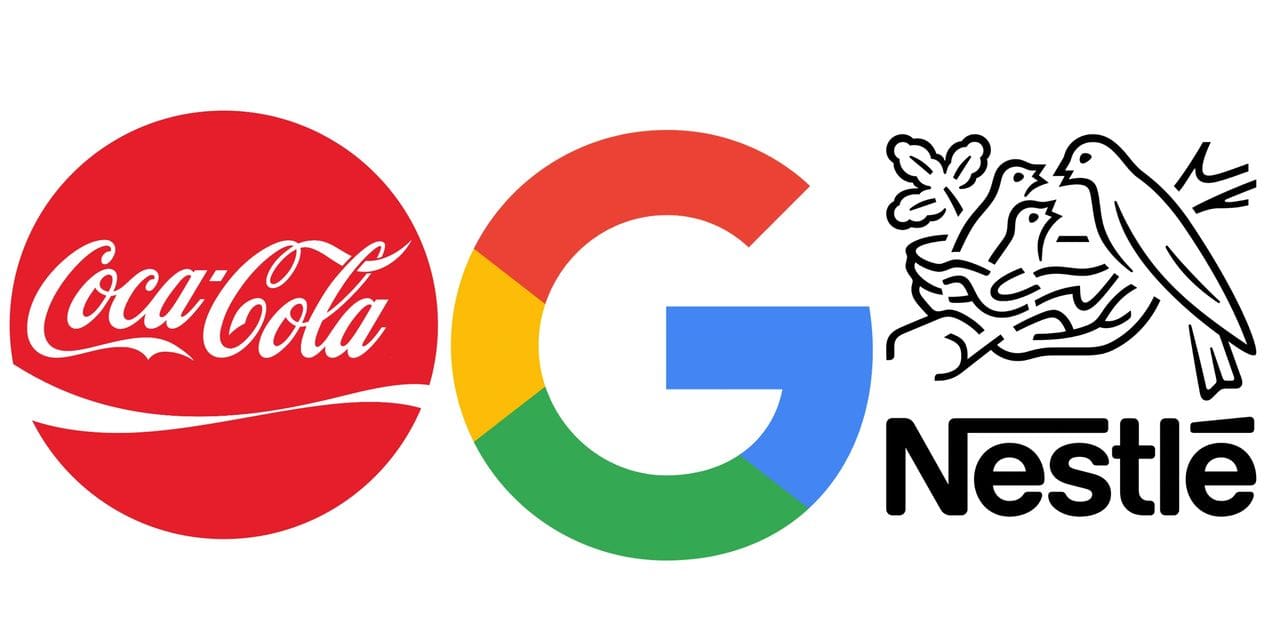By Bailey Chenevert
We all know about big companies “accidentally” accepting small business Covid relief funds, but here are three totally outrageous stories of corporate bad behavior that flew under the radar in 2020
3 Corporate Accountability Stories That May Have Flown Under Your Radar This Year
Media outlets are not typically shy in their coverage of corporate scandals. Even Wikipedia has a page dedicated to the topic with controversies going as far back as the 15th century. Lately, the kind of corporate scandals making front pages and featured posts are often linked to the current pandemic (Remember those big companies that accepted small business COVID relief funds?).
But companies are breaking promises unrelated to the pandemic, disregarding policies that protect employees and the environment. If you’re of the majority of Americans that need a break from news about COVID-19, here are a few corporate scandals that may have flown under your radar in 2020.
1. Alphabet still slow to enforce sexual harassment policies years after employee backlash and a promise to do better
David Drummond, the former chief legal officer of Google’s parent company, Alphabet, Inc., announced his retirement at the beginning of 2020. Alphabet is in the midst of a board investigation of company executives’ handling of inappropriate conduct, including sexual harassment and workplace relationships. Drummond is one of several executives that Google has been accused of protecting from allegations of misconduct and harassment. Following the severance of other industry giants, his retirement speaks to a troubling workplace environment that Google employee protests brought to mainstream attention almost two years ago. The situation is reminiscent of the catalyst of the protests, Andy Rubin’s glorified retirement amidst a sexual misconduct claim. Allegations against Drummond long preceded his retirement and included abusive and extramarital relationships with subordinate employees.
2. Coca-cola refusing to scale back on plastic production
Months after Coca-cola was named the world’s top producer of plastic pollution for the second year in a row, its head of sustainability said the company would not scale back on single-use plastic bottle production. Bea Perez said the decision was made to “accomodate customers” as Coke tries to improve its ecological impact in other ways, such as selling single-use bottles made of recycled plastics. However, Perez’s comments were controversial to many people that felt the company was placing blame on its customers for its incredible pollution production while not doing enough on a corporate level to prevent it. It appears single-use plastic production, one of the largest contributors to climate change, is not a priority in Coke’s sustainability efforts. The company outlined environmental goals to be met by 2030, a seemingly long way away as environmental devastation continues to increase as plastic production does.
3. Nestle failing to reach a decade-long deforestation goal
Another of the world’s top producers of plastic pollution made headlines for its controversial environmental practices. One of the largest consumer goods companies, Nestle, reported that they would not meet their goal to end deforestation in their supply chain by the end of 2020. As the company approached the later stages of their decade-long effort, spokespersons touted different goals, like reducing deforestation by 90% instead of the original 100%. Nestle most recently reported that their top 5 commodities most responsible for deforestation are now 77% deforestation-free – a figure that is far off from both the original and restated goals, and the year will end in just a few months.
Related: Procter & Gamble also failed to meet a similar deforestation goal
Bailey Chenevert is a freelance journalist and guest editorial contributor for Cluey Consumer. As a recent 2020 college graduate from the University of Louisiana at Lafayette, Bailey supplemented her studies as both a research assistant and a student editor at La Louisiane. Bailey is passionate about impartial reporting on consumerism and the impacts that fashion brands have on our modern world.

